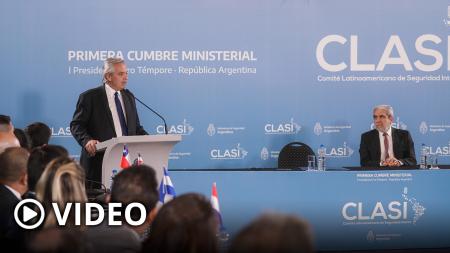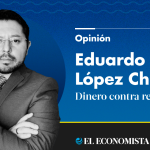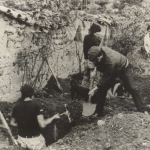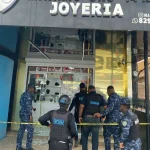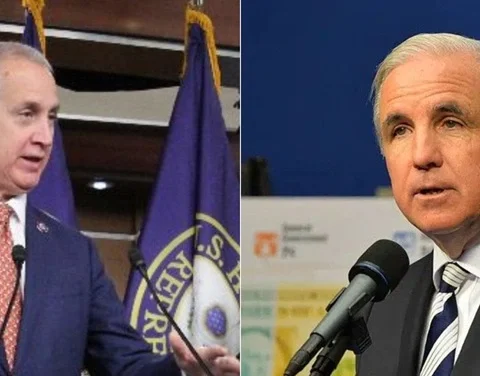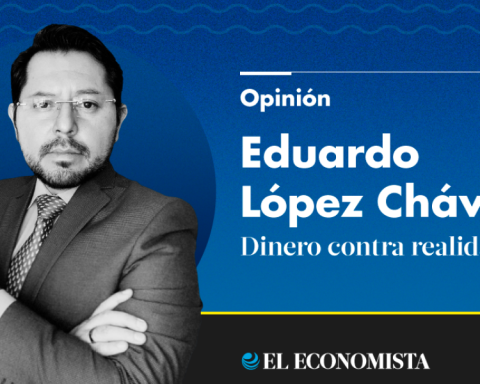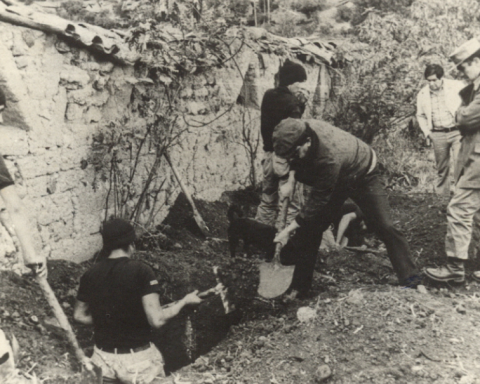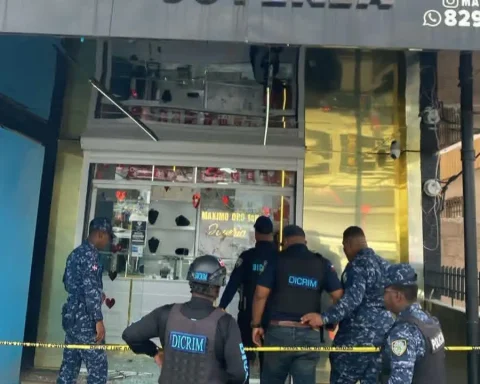President Alberto Fernández called this Tuesday to be “inflexible” against organized crime and urged the countries of Latin America to “work together and very united” to combat this scourge that “has developed in a unique way affecting the whole world and our region in particular” and “alters social peace.”
“Crime permanently alters social peace, and politically we have to care for and respect democratic coexistence, guarantee that social peace is not altered by organized crime”affirmed the president when speaking at the closing ceremony of the First Summit of the Latin American Committee for Internal Security (CLASI), chaired by Argentina through the Minister of Security, Aníbal Fernández.
At the meeting, held at the Kirchner Cultural Center, Alberto Fernández considered that the security problem derives “ultimately from modernity: we have to see how we approach it seriously and also understand that Latin America has a condition within the international context that is that we are a continent in peace”.
When making an analysis of the crime, he stated that “Crime is no longer an adventure of a criminal, it is more and more a plural fact, and less and less is it a singular fact, because with the passing of time it has ceased to be an adventure of a criminal and more and more it has become an organizational system that seeks impunity”.
Are “true organizations that often disguise themselves as legal organizations or that use legal forms to develop and commit all their crimes”Fernandez analyzed.
“Crime is no longer an adventure of a criminal, it is increasingly a plural fact”
Faced with this situation, “a different requirement is imposed on us because we are no longer targeting an isolated criminal, but real organizations that have the capacity to penetrate State institutions, violate them, violate their honesty, corrupt them in order to make it easier to consummation of the crimes they commit,” he said.
Fernández pointed out that, in response to the demands of society, it is necessary to combat organized crime “knowing that we are all part of democratic states and in the rule of law we must act respecting the imposed legal system.”
#CLASSI As part of the Ministerial Summit of the Latin American Committee for Internal Security, Minister Aníbal Fernández held meetings with the Undersecretary of the Interior of Chile, Manuel Monsalve Benavides, and the Deputy Minister of Internal Order of Peru, Abel Gamarra Malpartida. pic.twitter.com/CVgTWAcq2o
– Aníbal Fernández (@FernandezAnibal) November 8, 2022
“Many think they hear in this type of reflection a kind of giving the criminal more rights than the citizen, but we are not talking about that but about applying the law in all its dimensions,” said the head of state, saying that it is “with the guarantee of transparent trials, rapid sanctions, and sentences that are carried out, because otherwise peace will not be restored. Security is a central issue and a responsibility of the State”.
For this reason, he maintained that “it is important that we coordinate the work to be able to deal with all this, because organized crime exists when drug trafficking appears and plagues our societies, when human trafficking appears, when many times there are money laundering systems. to cover up economic crimes” and “So there, too, one begins to link up with the economic power of our countries.”
In this sense, the President stressed that “the economic power has a great capacity to carry news, to cover up the dissemination of the facts to generate images of innocence where, in truth, there are images of the guilty”, and rejected the idea that “the crime is synonymous with poverty, as some think, since marginality in an unjust society leaves an oregano field for crime to develop more easily”.
For his part, Minister Fernández, in his capacity as President Pro Tempore of CLASI, said that “We have an opportunity to grow, not as a super national police that will never exist, but as a judicious fact and responsible for generating new, public, modern, serious and respectable policies that involve us all”.
The body, created in March of this year in Brussels (Belgium), is made up of ministers from Argentina, Bolivia, Costa Rica, Ecuador, El Salvador, Panama, the Dominican Republic, Chile, Mexico, Paraguay and Uruguay (and the accession of Peru) “to define priorities based on the exchange of criminal information, through operational action plans that allow achieving more effective results for the region, optimizing resources,” said the local Security portfolio.
